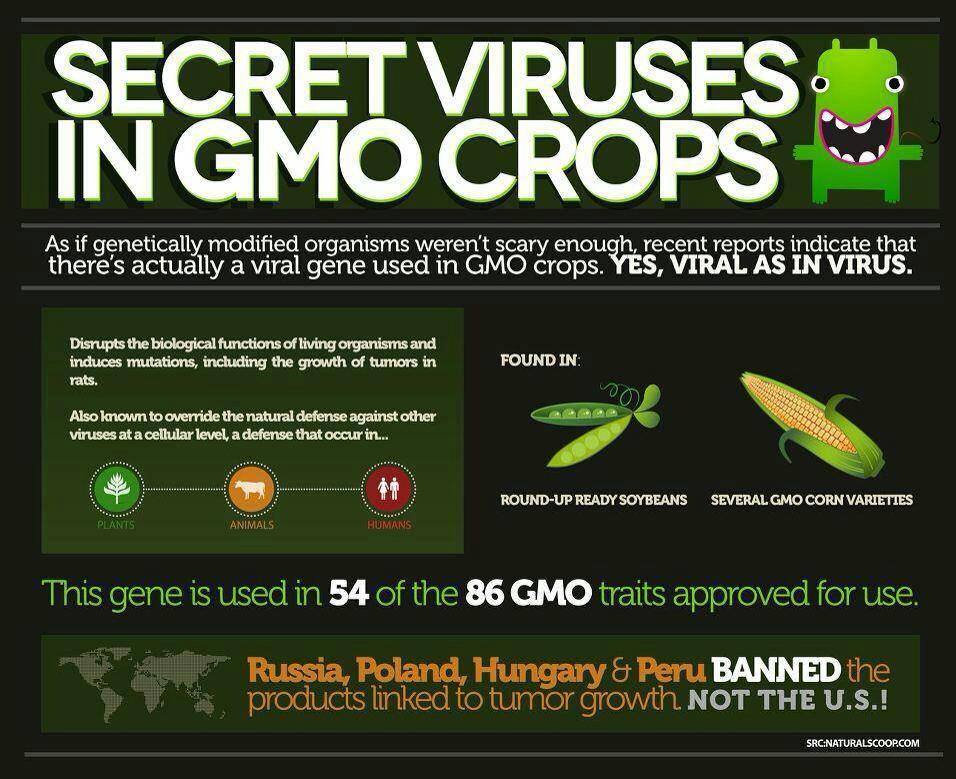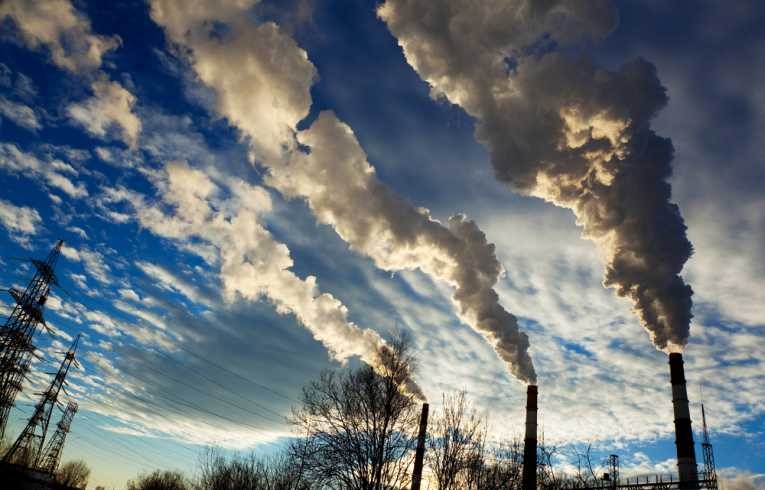Much to my surprise, 5th June is touted to be the most widely celebrated day in the world. I am rather flummoxed by the statistics and the multifarious events lined up in honor of it, but more so by the absurd reality of how this single day holds the ability to bring the world’s masses together when some of the most heinous of atrocities in the world couldn’t make even half of them stand up for a cause. It’s surely a feat, one that only the UN could have achieved. I bear no intention of belittling their tireless efforts but their long-winded dissertations flanked by vested interests under the garb of humanitarianism seem to remain at the level of rhetoric. Not to forget how certain issues are spoken about so vociferously while others are veiled and given only a few mentions here and there.
WARS
While the Whitehouse showers praises on its President for his recent tryst with China on setting ‘new targets to reduce carbon pollution’, USA’s constant presence in the middle of possibly every war makes it a tongue-in-cheek headline. The horrendous effects of wars span over several ecosystems- land and water. COSTS OF WAR gives an insight into the environmental impact of Iraq war. Remnants of Uranium missiles used way back in 1991 have polluted ground waters causing a meteoric rise in “cancer, birth defects and infant mortality” over the years. The US military used as much as “1.2 million barrels of oil in Iraq in just one month of 2008”. That goes on to show the large amount of CO2, a greenhouse gas, released into the atmosphere. Continuous war has broken the “desert’s crust”, resulting in an unusually increased frequency of sandstorms. The Afghanistan war has reduced the number of migratory birds by 85% due to widespread deforestation and “US bases became a lucrative market for the skins of the endangered Snow Leopard”. The use of prohibited chemicals during wars as in the case of Israel-Palestine conflict, where highly inflammable white phosphorus was used, and the deliberate and widespread deforestation of olive trees by Israel for “security reasons”, both flout the Geneva convention protocol. INSIGHT ON CONFLICT reveals the “toxic footprint of Syria’s war” on soil and land. Though the UN claims to have helped restore crisis-afflicted areas in more than 40 countries, it makes me wonder if its job is to spring into action after the destruction or to take a very diplomatic stand during the crisis.
DISPLACEMENT OF PEOPLE
Despite the fact that the main objective of the UNHCR (United Nations High Commission for Refugees) is to protect displaced people in consonance with the human rights charter, its reports on the contrary show an ever rising number of displaced people all over the world for various reasons. The World Bank estimates the total number to be around 10 million each year globally (for development-induced displacement). However, in one of UNHCR’S annual reports, as claimed by Times of India, “India has the highest number of people displaced for developmental projects”. According to ForcedMigration, there are no institutions or publications to estimate the number with accuracy and the number actually estimated during projects concerns only those living in the legally acquired land and not those living in the vicinity of the project. The land acquisition bill has received enough flak already for its ‘insensitivity’ to the real cause. Even if it were surprisingly flawless, the venal and sleazy ways of the government would still allow illegal displacement with no sign of justice in the offing.
Crop failure is often warded off as an accusation but she claims “Monsanto sells its GM seeds on fraudulent claims of yields of 1500/kg/year when farmers harvest 300-400 kg/year on an average. High costs and unreliable output make for a debt trap, and a suicide economy”
GMO-GENETICALLY MODIFIED ORGANISMS
That GM foods may have unintended harmful effect on human health is well known despite much debate to prove otherwise. What is less talked about, however, is their impact on the environment. The Food and Agriculture Organization (FAO) presents many arguments in favor of GMO but with many more associated ‘may’ or ‘may nots’ which invariably go on to prove the juvenile nature of the science being applied. Gene flow is a major concern, where the modified genes may be transferred into the food chain, creating havoc with ecosystems. A gene for antibiotic resistance may produce more resistant strains of pests or may enter the human intestine and make pathogenic bacteria antibiotic -resistant. Pollen from BT insect -resistant corn has been found to be lethal to monarch butterflies and induce resistance in insects to the bacteria used in the modification. OneGreenPlanet hints at the domino effect GM crops indirectly have on insects like bees, whose low populations have been linked to the huge amount of pesticides needed to grow the crops. Butterflies and birds have all been shown to have come under similar effects. Epoch Times lists a number of GM crop failures, one of which called LibertyLink Rice is known to have wiped out an entire strain of indigenous rice. FAO statistics reveal that 75% of plant genetic diversity has been lost thanks to GM crops. But there is another side to the story, often referred to as ‘the GM genocide’. Vandana Shiva, an environmentalist, in the Huffington Post, reveals a harsher reality prevalent in India. More than 200,000 farmers have committed suicide since 1997 since Monsanto, world’s largest seed company, took over agriculture. Expensive seeds, large requirement of pesticides, fertilizers, irrigation and frequent crop failure have sent many into debts. Crop failure is often warded off as an accusation but she claims “Monsanto sells its GM seeds on fraudulent claims of yields of 1500/kg/year when farmers harvest 300-400 kg/year on an average. High costs and unreliable output make for a debt trap, and a suicide economy”. Farmers are apparently “swimming” in debt globally due to GM crops. Monsanto has a long history of criminal record, and like all other global criminals, it’s not surprising to see it pass by the UN unscathed. GM cattle is yet another issue whose environmental impacts have not yet been identified but the horrifying pictures of them on Google will tell you how abnormally unnatural they are.
DownToEarth reveals how India is the sole producer and hence the largest manufacturer of DDT in the world. It is also the only country to reject the proposal for a “worldwide ban on pesticide DDT by 2020”. Our insensitivity towards the issue of toxicity to humans as well as our environment is well reflected.
PESTICIDE RESIDUES
It is well known how pesticide residues in our foods play havoc with our bodies. Yes, they are toxic but not just to humans. They are generally sprayed over a large area, which means they accumulate in non-intended areas too. Of the many pesticides used in the USA, most have been found to be carcinogenic and despite DDT being banned globally, DownToEarth reveals how India is the sole producer and hence the largest manufacturer of DDT in the world. It is also the only country to reject the proposal for a “worldwide ban on pesticide DDT by 2020”. Our insensitivity towards the issue of toxicity to humans as well as our environment is well reflected. Pesticides enter water bodies through surface water run-off and enter the food chain via aquatic animals. Toxic residues have been found to accumulate in the food chains (also called bioamplification) and the most adverse affects are seen on animals like eagles and bats. DDT has been proved to be lethal to bald eagles, entering their bodies through contaminated fish and causing “egg-shell thinning”. This makes the shell so thin, that they often break during incubation.
Did you know several countries including Saudi Arabia and Europe have banned green chilies and a few other vegetable imports from India due to pesticide levels much higher than the safety limits? It’s surprising how we eat them every day and nobody really cares, and Saudi Arabia being the 5th largest importer of Indian chilies imposed a ban for health safety reasons for its citizens.
UNNATURAL ANIMAL FEED
Though most countries deny the use of hormones or steroids for poultry and dairy cattle, the people are smart enough to know the truth. To go organic or vegan is fast gaining prominence thanks to the many unnaturally injected ‘stuff’ in our meat. Most governments deny injecting hormones or antibiotics because of the ‘ban’ imposed but The Economic Times in one of the news reports reveals that these are not injected as imposed by the ban but added to their feed in India. Either way, they enter their bodies and accumulate in the meat, eggs, and milk we consume. According to researchers at the University of Iowa, these may remain ‘longer in the environment than expected’ and cause possible contamination of our aquatic ecosystems.
It’s strange how these problems are treated as side issues by most world leaders, including the ones in the largest polluter in the world-the US. Only those who are genuinely concerned with our environment, which in this case are NGOs and other non-profit organizations, seem to take the right stand, while the stand of the rest is easily questionable. With the many scientific breakthroughs in the recent past, our environmental issues have gone beyond just deforestation, water and air pollution or even sustainable consumption. And in its habitual way, the UN very astutely chose to circumvent these issues again.






